Mental Health Conditions

Signs You Should Reach Out for Help: Identifying Red Flags in Your Mental Health
Mental health is an integral part of our overall well-being, yet it often takes a backseat to physical health. In a world that emphasizes productivity and resilience, it’s easy to overlook the subtle signs that our mental health needs attention.

The Importance of Mental Health Days: How to Use Them Effectively
Mental health days are a growing necessity in today's fast-paced world. These are dedicated days off from work or daily responsibilities that individuals take to focus on their mental well-being. Mental health days are not merely indulgent; they are essential for maintaining emotional balance, reducing stress, and improving overall productivity.

Breaking the Stigma Around Mental Health: Why Conversations Matter
Mental health has long been a topic shrouded in stigma, especially in societies where emotional well-being is often overlooked. The reluctance to discuss mental health issues openly leads to misunderstandings, delayed interventions, and unnecessary suffering.

The Role of Nutrition and Exercise in Mental Well-being
In recent years, mental health has become an increasingly discussed topic, as more people recognize the importance of psychological well-being. While therapy and medication play crucial roles in treating mental health issues, there is a growing body of evidence suggesting that lifestyle factors such as nutrition and exercise have profound effects on mental health as well. These components of a healthy lifestyle not only support physical health but also influence mood, cognition, and emotional stability.

How Social Media Affects Mental Health: Tips for Healthy Use
In today's digital age, social media is an integral part of our daily lives. From connecting with friends and family to sharing moments and ideas, platforms like Facebook, Instagram, and Twitter have transformed the way we communicate. However, while social media offers numerous benefits, it also has a profound impact on mental health that warrants attention. Understanding both the positive and negative effects can help us navigate our online interactions more mindfully.

How to Manage Mental Health During Major Life Changes
Life is a journey filled with ups and downs, and major life changes—such as moving to a new city, changing jobs, experiencing loss, or welcoming a new family member—can significantly impact our mental health. While change can be exciting, it often comes with stress, anxiety, and uncertainty. This blog explores effective techniques for managing mental health during these turbulent times, offering insights from psychological theories and practices, scientific research, and practical applications for various clients.

Mental Health Care for Women in India: Unique Challenges and Solutions
In India, mental health awareness has grown significantly over the past decade, but there are still substantial gaps in the care available to women, who face unique social, cultural, and economic challenges that affect their mental well-being. Women in India often bear the brunt of gender-based expectations, caregiving responsibilities, societal pressures, and stigmatization of mental illness. These factors can lead to increased rates of depression, anxiety, trauma, and other mental health conditions, making the need for accessible, affordable, and gender-sensitive mental health care critical.

The Connection Between Physical and Mental Health: Why It Matters
Physical and mental health are deeply interconnected, and the impact one has on the other is significant. For a long time, these two aspects of health were treated as separate entities, but modern science has demonstrated that the well-being of the body and the mind are intrinsically linked. A person experiencing chronic physical illness may develop mental health issues such as anxiety or depression, while those dealing with mental health challenges are at a higher risk of developing physical conditions like heart disease, diabetes, or chronic pain.

The Impact of Stress and Anxiety on Indian Youth: How to Cope
Stress and anxiety have become prevalent issues among the youth in India, impacting their overall well-being and quality of life. With rising academic pressures, societal expectations, and the rapid evolution of technology and social media, young people today face unique challenges that contribute to stress and anxiety.

Mental Health in India: Understanding the Challenges and Solutions
Mental health has emerged as one of the most critical yet overlooked aspects of healthcare, particularly in India. Despite the increasing prevalence of mental health issues, the country continues to grapple with various challenges such as stigma, lack of resources, and insufficient awareness. This blog delves into the complexities of mental health in India, the challenges people face, and potential solutions that can lead to a healthier society.
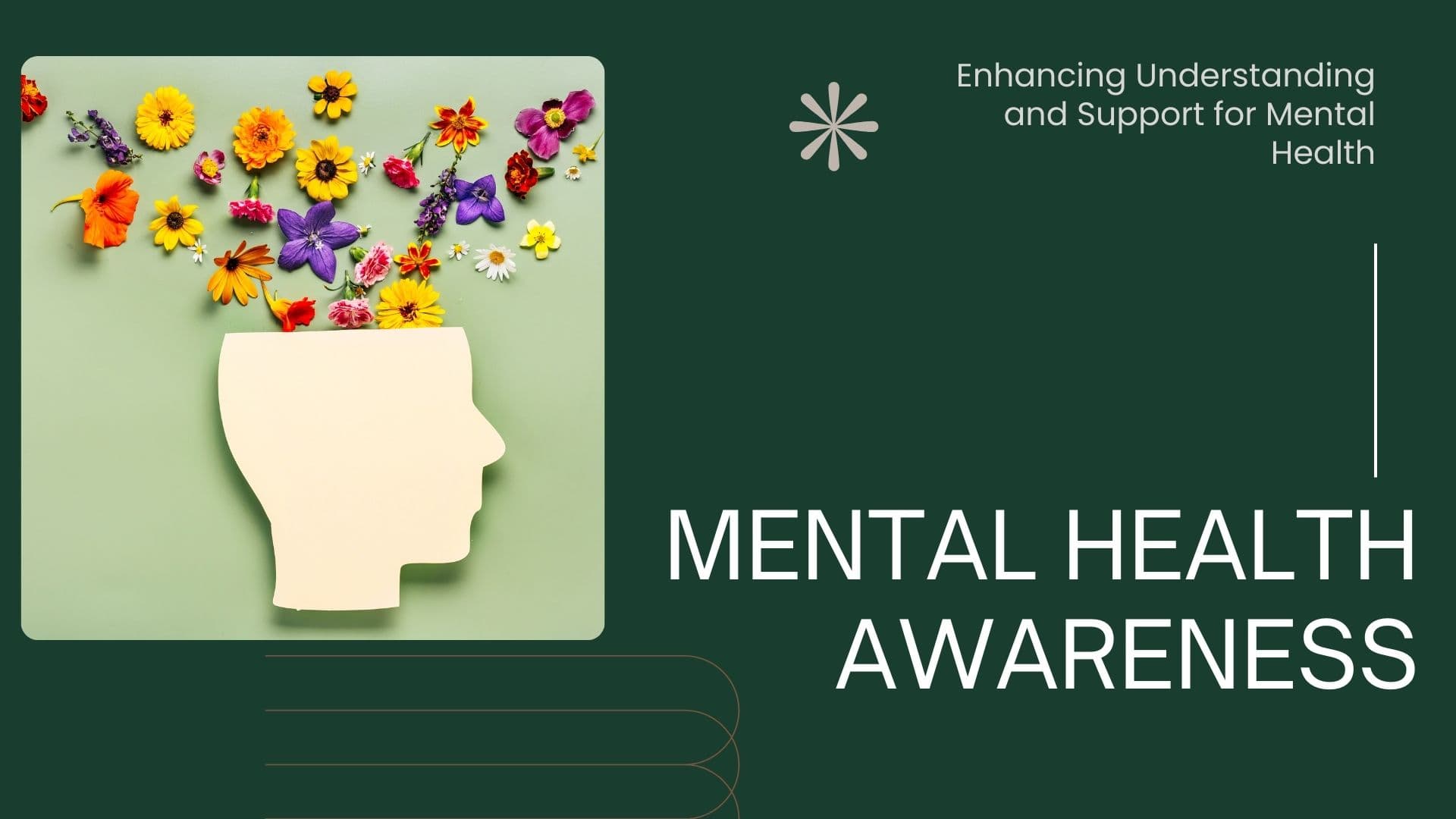
Breaking the Stigma: The Importance of Mental Health Awareness in India
India faces a significant mental health crisis, with millions of individuals affected by various conditions. According to the World Health Organization (WHO), nearly 15% of adults in India suffer from some form of mental illness. Unfortunately, only a small fraction of these people receive the necessary support or treatment. The pandemic further amplified this problem, as the isolation, uncertainty, and stress during COVID-19 heightened mental health issues across the country. The increased anxiety, depression, and stress-related disorders brought mental health to the forefront, yet many still hesitate to seek help due to societal stigma.

Mental Health Resources Available for Indians: A Comprehensive Guide
This comprehensive guide explores the evolving landscape of mental health resources available in India, highlighting the innovative services offered by Careme Health. It delves into various evidence-based therapeutic techniques, such as cognitive-behavioral therapy (CBT) and trauma-informed care, while discussing their application for diverse mental health conditions. By providing insights into personalized treatment plans, community support, and effective assessments, this guide aims to empower individuals to take charge of their mental well-being and promote a more mentally healthy society.

Strength-Based Therapy: Focusing on Individual Strengths for Healing
Strength-based therapy is a therapeutic approach that emphasizes an individual's inherent strengths and resources as the foundation for healing and personal growth. Instead of focusing primarily on problems, deficits, or weaknesses, this approach encourages clients to recognize and build upon their existing capabilities, talents, and positive qualities.

Internal Family Systems (IFS): Healing Parts of the Self
Internal Family Systems (IFS) is a form of psychotherapy that identifies and addresses multiple sub-personalities or families within each person's mental system. These sub-personalities consist of wounded parts and painful emotions such as anger, shame, and fear. IFS focuses on healing these wounded parts by establishing a trusting, nurturing relationship between the self and each part, based on the understanding that every part has a positive intent for the individual, even if its actions or effects are counterproductive or harmful.

Reality Therapy: Choosing Better Behaviors for Fulfillment
Reality Therapy is a form of counseling developed by psychiatrist William Glasser in the 1960s. It focuses on the concept of choice theory, which suggests that individuals have control over their actions and are responsible for their own happiness and fulfillment. The therapy emphasizes the importance of building and maintaining strong relationships, fulfilling basic needs, and taking responsibility for one's choices.

Focusing Therapy: Accessing Inner Wisdom Through Felt Sense
Focusing Therapy is a psychotherapeutic process developed by psychologist Eugene Gendlin. It emphasizes the importance of inner bodily awareness, or "felt sense," as a means to access the body's inherent wisdom and find solutions to personal issues. The term "felt sense" refers to a pre-verbal, bodily experience that encompasses one's reactions and feelings about a situation, but which is not immediately available in words. This therapy encourages individuals to pay close attention to these subtle, often overlooked sensations and emotions as a path to deeper self-understanding and healing.

Expressive Arts Therapy: Healing Through Artistic Expression
Expressive Arts Therapy is a multidisciplinary therapeutic approach that combines various forms of creative expression, such as visual arts, dance, music, drama, and writing, to facilitate healing and personal growth. This therapy is grounded in the belief that the process of creating art can be a powerful way to explore emotions, resolve internal conflicts, and enhance mental well-being.
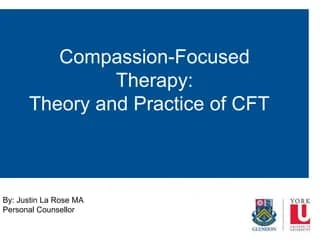
Compassion-Focused Therapy (CFT): Building Self-Compassion for Well-being
Compassion-Focused Therapy (CFT) is a psychological approach designed to promote mental and emotional healing by encouraging individuals to cultivate self-compassion. Developed by psychologist Paul Gilbert, CFT integrates techniques from cognitive-behavioral therapy with insights from social, developmental, and evolutionary psychology to help people develop a kinder and more compassionate relationship with themselves and others. This therapy is particularly beneficial for those struggling with feelings of shame, self-criticism, and low self-worth, aiming to enhance well-being by fostering a sense of inner warmth, safety, and soothing.

Logotherapy: Finding Life’s Meaning as a Path to Healing
Logotherapy, developed by Austrian neurologist and psychiatrist Viktor E. Frankl, is a form of psychotherapy that emphasizes the human search for meaning as the central force in one's life. Frankl's experiences as a Holocaust survivor deeply influenced the development of this therapeutic approach, leading him to conclude that even in the most painful and dehumanizing conditions, life can be made meaningful. The core premise of logotherapy is that a person's primary motivational force is to find meaning in life.

Narradrama: Combining Narrative and Drama Therapy for Expression
Narradrama is a therapeutic approach that integrates the principles and techniques of narrative therapy with those of drama therapy, creating a unique and expressive form of psychotherapy. This approach aims to help individuals explore, rewrite, and enact their life stories, thus empowering them to gain new perspectives on their experiences and challenges.

Bowen Family Systems Theory: Understanding Family Dynamics
Bowen Family Systems Theory, developed by psychiatrist Dr. Murray Bowen in the late 20th century, is a conceptual framework for understanding the complex interrelationships within a family unit. This theory posits that families are systems of interconnected and interdependent individuals, none of whom can be understood in isolation from the system. Key to this approach is the notion that the emotional connections and patterns that develop within a family system influence individual behavior and family functioning across generations.

Hakomi Therapy: Mindfulness-Centered, Somatic Psychotherapy
Hakomi Therapy is a form of psychotherapy that integrates mindfulness and somatic (body-centered) techniques to facilitate self-awareness and healing. It is based on the principles of nonviolence, mindfulness, and the unity of mind and body. The therapy focuses on helping individuals observe their internal processes in a nonjudgmental way, enabling them to understand how their beliefs and past experiences shape their behavior and emotional responses. Through this mindful self-study, clients can explore their core material—deep-seated memories, images, beliefs, and emotional dispositions—and discover new ways of being that lead to greater health and wholeness. Hakomi is often applied in a gentle, collaborative process, emphasizing the therapeutic relationship as a safe space for exploration and change.
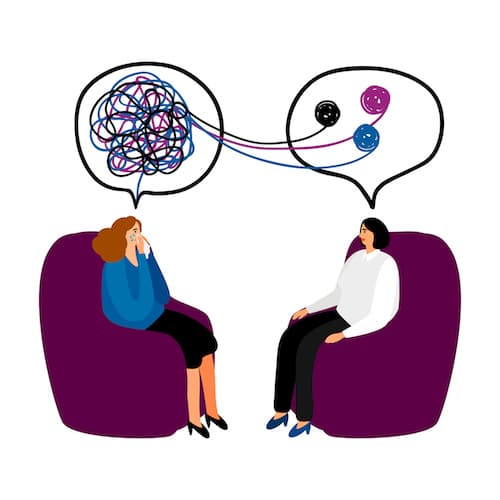
Systemic Therapy: Viewing Problems Through a Broader Scope
Systemic therapy is a form of psychotherapy that seeks to understand and address people's problems within the context of their relationships and social environments rather than focusing solely on the individual. This approach is rooted in the belief that an individual's behavior and experiences cannot be fully understood or changed without considering the broader systems they are part of, such as families, social networks, and cultural contexts.
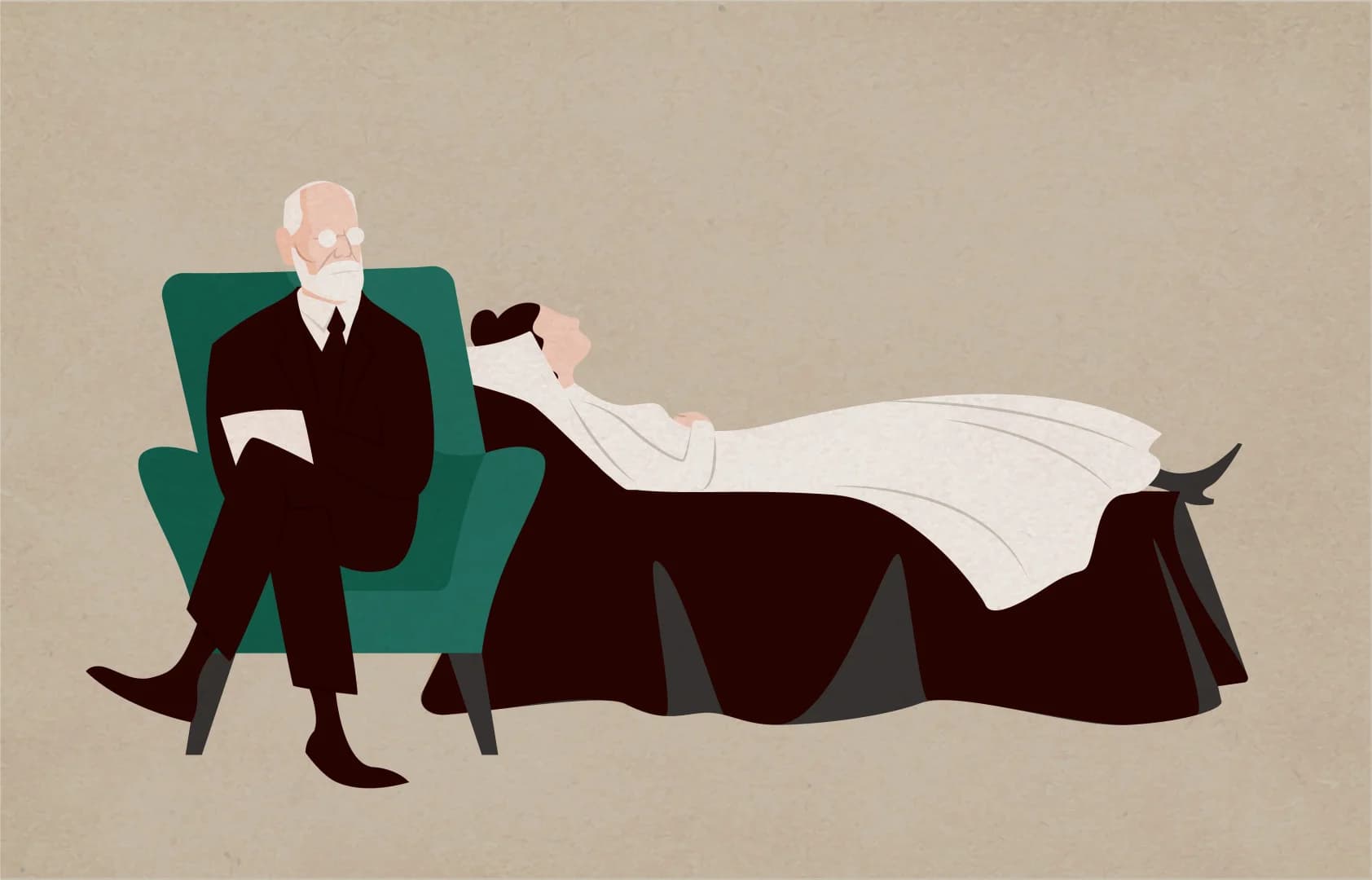
Psychoanalytic Therapy: Freud's Influence on Understanding the Mind
Psychoanalytic therapy, deeply rooted in the theories developed by Sigmund Freud in the late 19th and early 20th centuries, has had a profound influence on our understanding of the mind. Freud's work introduced the concept that unconscious forces within the human psyche play a significant role in shaping behavior, thoughts, and emotions. This foundational idea has significantly impacted the field of psychology, leading to the development of psychoanalytic therapy as a method for exploring and understanding the unconscious mind.

Wilderness Therapy: The Healing Power of Nature
Wilderness therapy, also known as outdoor behavioral healthcare, is a form of experiential therapy that leverages the healing power of nature to address various emotional, psychological, and behavioral challenges. This therapeutic approach combines outdoor adventures, such as hiking, camping, and canoeing, with traditional counseling techniques to promote personal growth, self-discovery, and emotional healing. Participants are guided by trained therapists and facilitators who help them navigate both the physical and emotional landscapes they encounter.
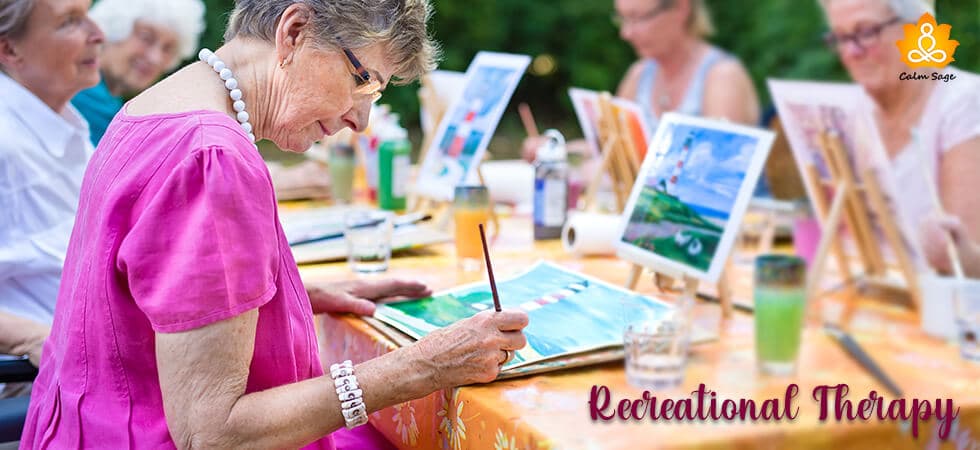
Recreational Therapy: Healing Through Leisure Activities
Recreational therapy, also known as therapeutic recreation, is a systematic process that utilizes recreation and other activity-based interventions to address the assessed needs of individuals with illnesses and/or disabling conditions, as a means to psychological and physical health, recovery, and well-being. The purpose of recreational therapy is to restore, remediate, and rehabilitate a person’s level of functioning and independence in life activities, to promote health and wellness, as well as to reduce or eliminate the activity limitations and restrictions to participation in life situations caused by an illness or disabling condition.

Mindfulness-Based Cognitive Therapy (MBCT): Preventing Depression Relapse
Mindfulness-Based Cognitive Therapy (MBCT) is an innovative psychological treatment designed to prevent the relapse of depression. It combines the principles of cognitive therapy with meditative practices and attitudes based on the cultivation of mindfulness. The core premise of MBCT is to change the way individuals relate to their thoughts, feelings, and bodily sensations that might contribute to depression relapse, rather than trying to alter the content of their thoughts.

Adlerian Therapy: Understanding the Individual Within Social Context
Adlerian Therapy, also known as Individual Psychology, is a therapeutic approach developed by Alfred Adler. It emphasizes understanding individuals within their social contexts. Adlerian Therapy focuses on the unique beliefs and feelings of each person and how these influence their lifestyle and challenges. The approach is holistic, considering the individual's interactions with society and their striving for significance and belonging. Key concepts include the importance of childhood experiences in shaping personality, the role of social interest in mental health, and the pursuit of goals and personal growth. Adlerian therapists work collaboratively with clients to explore personal dynamics, encourage self-awareness, and develop strategies for positive change, aiming to foster a sense of connection and purpose within the broader social world.
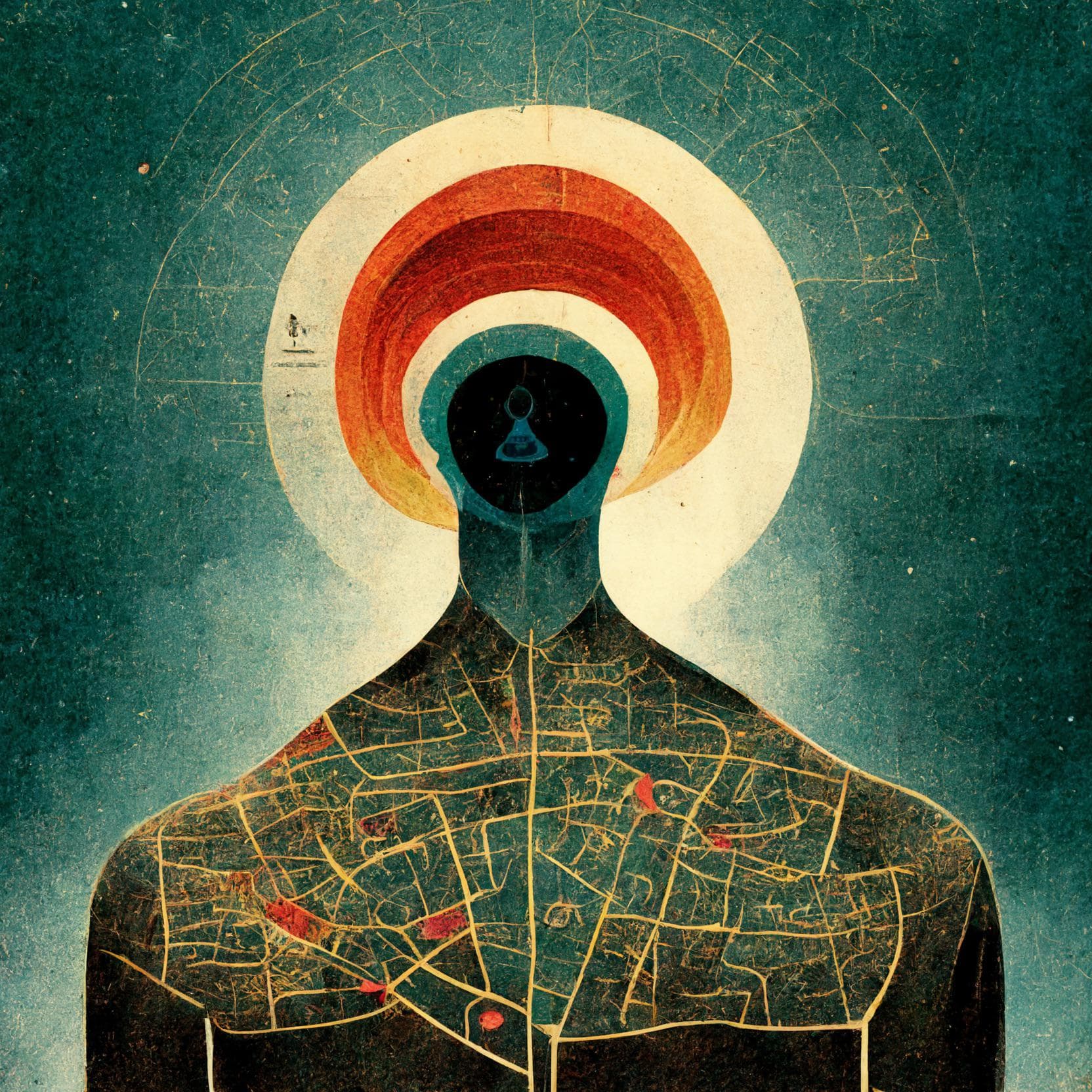
Jungian Therapy: Exploring the Psyche with Carl Jung’s Concepts
Jungian Therapy, based on the principles of Swiss psychiatrist Carl Jung, delves deep into the psyche to foster personal development and self-understanding. This therapeutic approach utilizes Jung's concepts like the collective unconscious, archetypes, individuation, and the balance of opposites within the psyche. It aims to bring unconscious elements of the psyche into consciousness, thereby facilitating psychological integration and wholeness. Jungian Therapy is a journey of exploration, uncovering the deeper, often symbolic, meanings of our experiences and emotions, leading to a more harmonious and balanced self.

Motivational Interviewing: Encouraging Change Through Empathy and Empowering
Motivational Interviewing (MI) is a collaborative, person-centered form of guiding to elicit and strengthen motivation for change. It is a method of communication rather than a set of techniques. At its core, MI is designed to respect and honor the autonomy of the individual, acknowledging that the true power for change rests within them. Developed by clinical psychologists William R. Miller and Stephen Rollnick, it's especially effective in the fields of addiction, health care, and counseling, but its principles can be applied in a variety of settings.